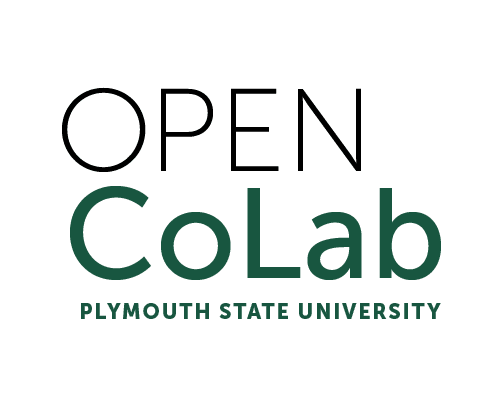My participation in Forms and Modalities made me more aware of the distinctive as well as overlapping possibilities for growth that online synchronous, online asynchronous, hybrid, and in-person classes afford. I also gained much from being in a context with colleagues again; I learned much from my colleagues’ annotations of articles and their other posts. Having a space of my own (the portfolio) was also helpful, and I hope to return to it in the weeks/months head. It gave me a sense of being anchored in images, concepts, experiences, and theories that are especially meaningful to me.
Of the many insightful resources in Forms and Modalities, the following passage from an assigned article stands out for me. The authors capture the essence of what has energized me throughout my education and career: “Students and teachers benefit from bringing multiple, entangled perspectives to the task of making sense of the world, where those perspectives are informed and energized by good research and scholarship.” – The Manifesto for Teaching Online https://direct.mit.edu/books/book/4939/The-Manifesto-for-Teaching-Online?searchresult=1
The quote above is apt; it is challenging to make space for the entangled reality of life about the topic discussed. To pretend that the reality of a subject is something that can be taught in a lecture format, without inclusion of the lived experience of people, is misleading. The chaos and uncertainty of life must be acknowledged – perhaps most of all the value of ambiguity in our development. Good research/scholarship in my humanities disciplines allows space for what is not yet known or completely understood.
Another valuable insight I encountered in the Forms and Modalities Module is that genuine rigor emerges from students’ engagement with the material. This outcome requires flexibility and student-centered approaches to activities. The more freedom students have to select topics of deep interest to them, the greater the prospect that they will be engaged. The desire to access complex levels of a topic ideally emerges from intellectual curiosity about the subject. In my undergraduate education, I was fortunate to have the opportunity to undertake Independent Study projects to explore my fascination with several topics. I was motivated by the nature of the material as well as the sense of agency afforded by Independent Study. A similar experience can be achieved through collaborative projects in which students exercise their autonomy and give unique form to their intellectual interests in teams.


